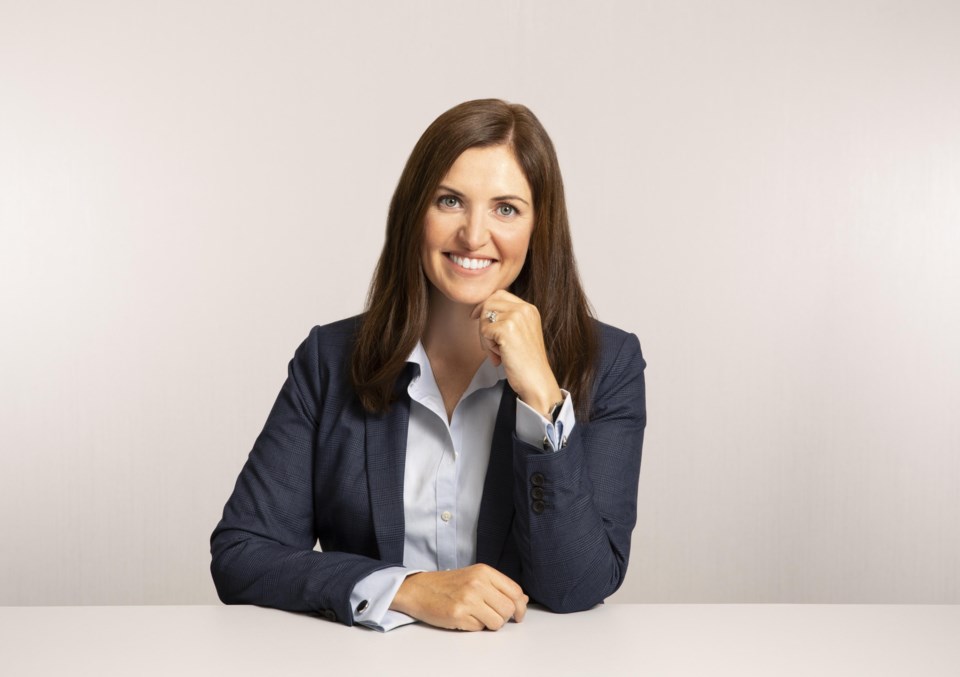Obstetric violence is the normalized mistreatment of women and birthing people in the childbirth setting. Catherine Shearer, a personal injury lawyer and partner at McKenzie Lake Lawyers in Guelph says, “Obstetric violence focuses on the type of care that women or birthing people receive when they’re navigating the pre and post-partum period, as well as the labour and delivery process.”.
Obstetric violence can include a myriad of issues.
- Physical abuse
- Sexual abuse
- Verbal abuse
- Bullying
- Coercion
- Humiliation
When does obstetric violence occur?
Shearer says, “Obstetric violence occurs when a person in labour or birth, experiences mistreatment or the disrespect of their rights, including being forced or coerced into procedures against their will by health professionals.”
Examples include, performing an episiotomy without consent, ignoring questions a person in labour may be asking, a health team poking fun at labouring person’s birth plan preferences, or a person in labour being pressured to get certain forms of interventions.
Shearer says, “Obstetric violence could also include presenting routine practices as if there are no other choices. And in health care the patient always has a choice. They always have rights. When these rights in childbirth are ignored or intentionally denied, it is obstetric violence.”
Violation of Human Rights
Obstetric violence may also be a violation of a patient’s human rights. There is a current human rights case filed by a woman in B.C. who says she was “fat shamed” by doctors who denied her the option to deliver at her neighbourhood hospital because her BMI put her in the obese category. Doctors claimed she was high risk, but there is research that suggests being a higher BMI does not increase risk. The woman who successfully delivered her daughter says she should have the same rights as everyone else. She is pursuing a human rights complaint against the doctor and the hospital.
The Ontario Human Rights Code makes it against the law to discriminate against someone or to harass them because of sex, which includes pregnancy and breastfeeding.
Right to informed consent
In Toronto, an obstetrician lost his licence after inducing labour without patients’ consent. Informed consent is the backbone of the doctor-patient relationship in Ontario.
Shearer stresses, “During the pregnancy, childbirth, and post-partum period the pregnant person has rights. And those rights include the right to informed consent and the right to refuse treatment. And when those rights are violated, there are various avenues one can take that are each very specific, based on the situation.”
Options available:
- File a complaint with the hospital
- File a complaint with the College of Physicians and Surgeons or the College of Nurses
- File a complaint with the Ontario Human Rights Commission
- Contact the police
- Contact a personal injury lawyer
It can be very difficult for people to speak up about what has happened. Generally, if there are no long lasting or permanent issues, then the route to take would be filing complaints to ensure mistreatment does not happen to someone else. Certain groups face a higher risk of obstetric violence including black, indigenous, and people of colour. Also, people from the LGBTQ plus communities and, those who are single, young or from a lower socioeconomic background.
Contact a lawyer
Catherine Shearer says, “Whatever the facts are, knowing you have options, a personal injury lawyer can point you in the right direction and oftentimes it is not commencing a lawsuit.”
Once a complaint is filed, an investigation would commence which is helpful in holding certain people accountable. In egregious circumstances, you might consider initiating a human rights complaint, filing a lawsuit, or contacting police. Each and every situation will be different and the way it should be handled will depend on the facts of the situation. It is best to consult a lawyer to discuss your options.
If you have any questions, please feel free to reach out to Catherine Shearer. As always, she will provide a free initial consultation. Call her at (226) 203-1243 or connect via email: [email protected]

